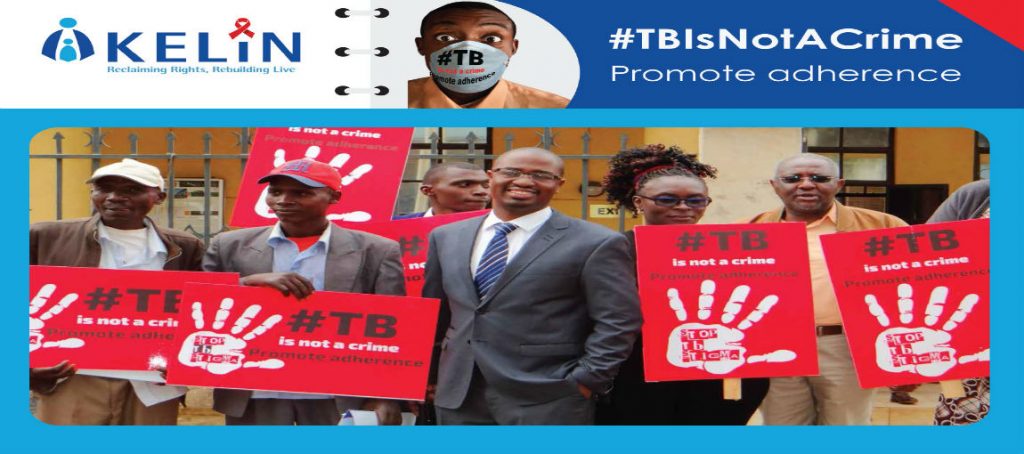
The Kenya High Court made a fundamental ruling. The court ruled that imprisoning Tuberculosis (TB) patients who default on their treatment is unconstitutional. The fact that the ruling was on the same day as the World TB Day is remarkable.
While noting that there is a need to isolate TB patients to ensure they take their medicine and stop the spread of the infectious disease, Justice Mumbi Ngugi added that jailing them is a violation of their rights and worsens the situation.
Ngugi said the intention behind the isolation should not be to punish patients but to ensure they and the general public are protected.
Justice Ngugi was ruling in a case filed by Allan Maleche (Advocate for the Petitioners) on behalf of Daniel Ng’etich, Patrick Kipng’etich Kirui and Kenya Legal and Ethical Issues Network on HIV & AIDS (KELIN). Ng’etich and Kirui who were jailed on August 12, 2010, for defaulting on their treatment. The two were confined at the Kapsabet Prison for eight months in 2010 but they only served two months after their plight was highlighted by the media and civil society.
She said the state has failed to address the need to establish proper isolation facilities and instead has “opted to take the easy option of confining patients in prison”. The judge said: “The manner in which TB patients should be isolated and confined should be in a humane way and as per provided for in the law.”
The case sough to to challenge the wide spread practice adopted by public health officers of seeking court orders to confine TB patients in prison for purposes of treatment.
This is because, in implementing the practice of involuntarily confining TB patients, the Public Health Officers go against the principles of human rights including human dignity. This confinement goes on despite the fact that our prisons are overcrowded and poorly ventilated, making it conducive for the spread of TB. Further, the Prisons Act does not provide for isolation facilities for TB patients. Holding TB patients in prison not only puts a risk to the other prisoners but to the prison wardens and their family members. It also defeats the very aim the health officers seek to achieve, of protecting the public from persons with infectious diseases.
This judgment is precedent in East Africa. It will trigger the process of policy and legislative reform on matters related to the rights of TB patients.
TB kills more women each year than any other infection especially because there are more women living with HIV. TB is particularly disastrous for women living with HIV who have poor access to health services, making them particularly vulnerable to the outcomes linked to undetected or late detection of the TB disease.
The three East African countries (Uganda, Tanzania, and Kenya) remain among the 22 TB high burden countries in the world. Case detection and treatment success are still low in East Africa. This judgement will go a long way in the fight to end TB



